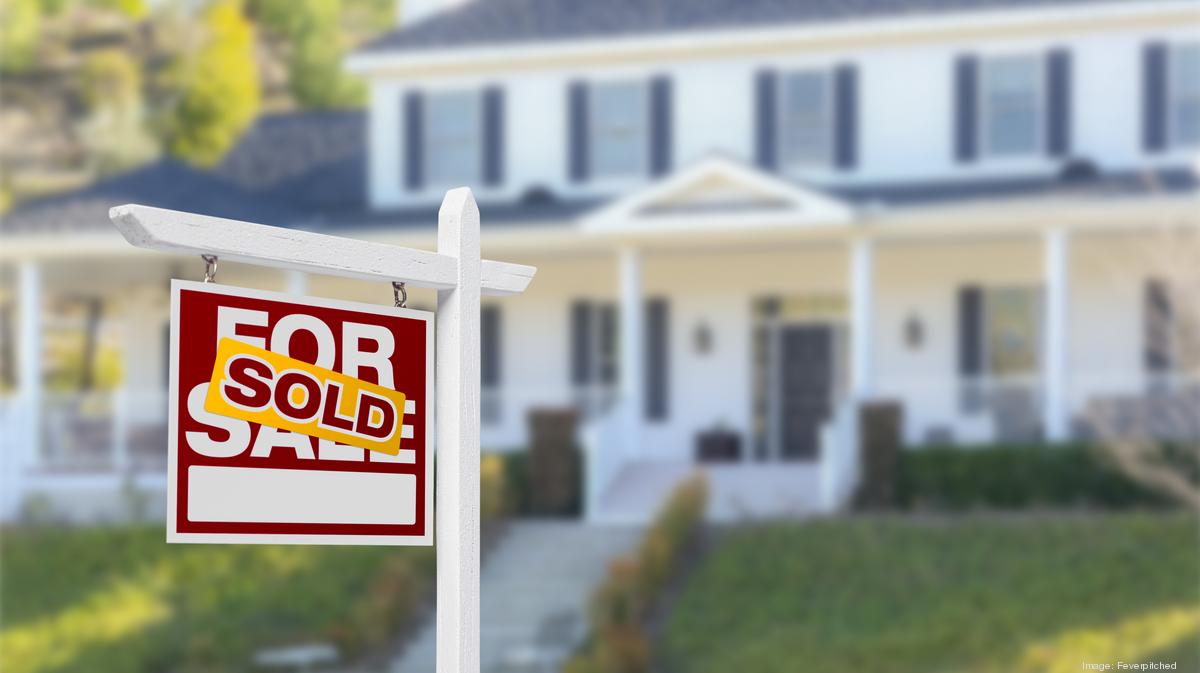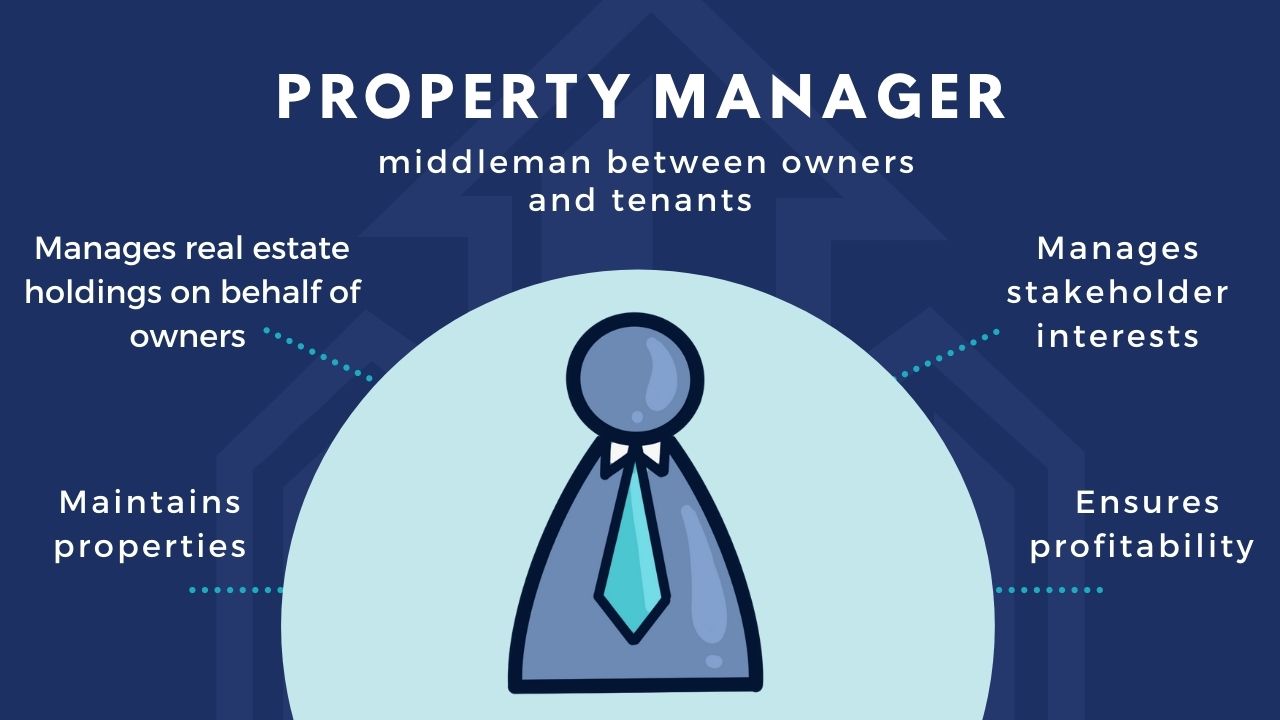
To become a Virginia-licensed broker, you'll need to meet a number of educational and work experience requirements. It is necessary to complete a pre-license 60-hour class and pass the state broker test.
It is not easy to break into the real estate business. The industry can be very lucrative but also complex and difficult. Choose the right realty school to help you pass the Virginia realty brokers exam.
A real-estate broker license issued by the government allows you to work in real estate independently, without needing sponsorship or supervision from another person. It allows you to also manage and sell property on behalf of other people for a small commission.
There are several different ways that you can become an estate agent in Virginia, and they all have their own requirements. First, you must complete a 60 hour real estate prelicense course. The course can be taken in a class room or online.

After you have finished the course you must pass a test administered under proctoring. This exam is mandatory, so you should schedule an appointment with a proctor before your exam date.
You can study for the Virginia broker license exam by purchasing an exam prep package from a school. These packages often include practice questions and simulated exams. There are also study guides, flashcards, and other tools to help you master the common topics.
The next step is to pass the state and national portions of the real estate license exam. The minimum score for each portion is 75 percent. You'll be required to pay an additional fee if you don't pass any portion of the exam.
You can obtain a reciprocal Virginia license if you previously held a real estate licence in another State. This requires you to pass the state broker exam, as well as submit proof of any salesperson or associate licenses and continuing education that is equivalent to the required Virginia courses.
In addition, you need to disclose any convictions, misdemeanors (misdemeanors), or prior offenses. This information must be verified with the local police. You must also have your fingerprints taken for a background check before you can apply for your license in Virginia.

Once you've met all of the requirements, you can then submit your license application to the Virginia Department of Professional and Occupational Regulation (DPOR). The DPOR reviews your application and issues you a real estate broker's license.
You must complete 180 hours of training to become a Virginia real estate agent. The 180-hour requirement includes four 45 hour classes including a real estate broker course and three other real estate courses. These courses are approved by the state of Virginia and can be taken on a traditional campus or in an online environment.
The time it takes to get your license depends on how much experience you already have in the real-estate industry. You should have worked as a full-time real estate agent for a minimum of 36 months prior to applying for your license.
FAQ
How do I know if my house is worth selling?
If you have an asking price that's too low, it could be because your home isn't priced correctly. If you have an asking price well below market value, then there may not be enough interest in your home. You can use our free Home Value Report to learn more about the current market conditions.
Is it better for me to rent or buy?
Renting is typically cheaper than buying your home. It's important to remember that you will need to cover additional costs such as utilities, repairs, maintenance, and insurance. Buying a home has its advantages too. You will have greater control of your living arrangements.
How many times do I have to refinance my loan?
This will depend on whether you are refinancing through another lender or a mortgage broker. Refinances are usually allowed once every five years in both cases.
Should I rent or purchase a condo?
Renting might be an option if your condo is only for a brief period. Renting lets you save on maintenance fees as well as other monthly fees. However, purchasing a condo grants you ownership rights to the unit. You can use the space as you see fit.
How long will it take to sell my house
It all depends upon many factors. These include the condition of the home, whether there are any similar homes on the market, the general demand for homes in the area, and the conditions of the local housing markets. It can take anywhere from 7 to 90 days, depending on the factors.
Statistics
- 10 years ago, homeownership was nearly 70%. (fortunebuilders.com)
- Private mortgage insurance may be required for conventional loans when the borrower puts less than 20% down.4 FHA loans are mortgage loans issued by private lenders and backed by the federal government. (investopedia.com)
- It's possible to get approved for an FHA loan with a credit score as low as 580 and a down payment of 3.5% or a credit score as low as 500 and a 10% down payment.5 Specialty mortgage loans are loans that don't fit into the conventional or FHA loan categories. (investopedia.com)
- Over the past year, mortgage rates have hovered between 3.9 and 4.5 percent—a less significant increase. (fortunebuilders.com)
- This means that all of your housing-related expenses each month do not exceed 43% of your monthly income. (fortunebuilders.com)
External Links
How To
How to locate an apartment
Finding an apartment is the first step when moving into a new city. This takes planning and research. It includes finding the right neighborhood, researching neighborhoods, reading reviews, and making phone calls. This can be done in many ways, but some are more straightforward than others. The following steps should be considered before renting an apartment.
-
You can gather data offline as well as online to research your neighborhood. Online resources include Yelp. Zillow. Trulia. Realtor.com. Local newspapers, real estate agents and landlords are all offline sources.
-
You can read reviews about the neighborhood you'd like to live. Yelp, TripAdvisor and Amazon provide detailed reviews of houses and apartments. You might also be able to read local newspaper articles or visit your local library.
-
For more information, make phone calls and speak with people who have lived in the area. Ask them what the best and worst things about the area. Ask for their recommendations for places to live.
-
Take into account the rent prices in areas you are interested in. You might consider renting somewhere more affordable if you anticipate spending most of your money on food. However, if you intend to spend a lot of money on entertainment then it might be worth considering living in a more costly location.
-
Find out about the apartment complex you'd like to move in. For example, how big is it? What price is it? Is it pet-friendly? What amenities does it offer? Are you able to park in the vicinity? Do tenants have to follow any rules?